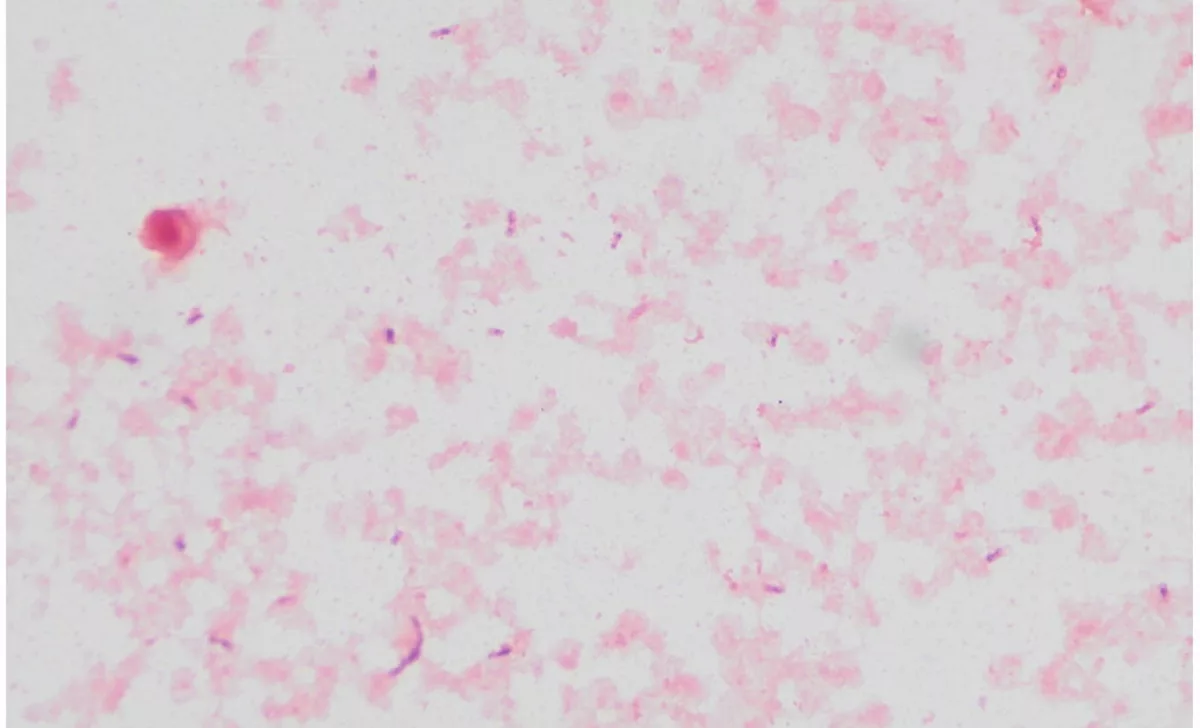A rare infection of Ignatzschineria larvae bacteremia emerges in Kentucky, prompting medical community to take notice

A second confirmed case of a rare bacterium, Ignatzschineria larvae, is causing concern among doctors and healthcare experts.
LEXINGTON, Ky. – Doctors at the University of Kentucky are bringing attention to a rare and potentially dangerous infection that involves the breeding of fly larvae within human tissue, known as myiasis, leading to a blood infection called bacteremia.
In a case report published Tuesday by Meredith L. Johnson, MD, Blakeley Kennedy, PharmD, and Patricia A. Santos, MD, MBA, it was revealed that a 51-year-old man in Kentucky was diagnosed with Ignatzschineria larvae bacteremia, marking the second such confirmed case in the United States. Both cases have surfaced in Kentucky.
Myiasis typically occurs in tropical and subtropical regions and is not common in the United States. The bacteria, belonging to the Ignatzschineria genus, is transmitted by a species of fly known as Wohlfahrtia magnifica. Cases in the United States have thus far shown an association with poorly healing wounds and difficult socioeconomic conditions, including homelessness and lack of access to adequate care.
Patient’s Struggles Lead to Discovery
The affected patient, a 51-year-old white man with a history of alcohol use disorder and homelessness, presented to the emergency department in severe pain. He had extensive ulcerations in his lower extremities and maggot-infested wounds. The patient had been living outdoors near a community garden with stagnant water and had no access to cleaning materials for his wounds.
The wounds were initially infected with multiple bacteria, including methicillin-resistant Staphylococcus aureus (MRSA), but eventually became infested with maggots. The patient’s blood culture revealed the presence of Ignatzschineria larvae bacteremia, confirmed through advanced matrix-assisted laser desorption ionization-time of flight mass spectrometry (MALDI-TOF).
The Unforeseen Threat of Ignatzschineria

Ignatzschineria larvae is part of the Gammaproteobacteria class and has been found in the gastrointestinal tracts of adult flesh flies. The bacteria are aerobic, gram-negative bacilli. Although rare, the infection is of growing concern due to the bacteria’s ability to develop resistance to antibiotics.
In the current case, the isolated strain was found to be sensitive to a range of antibiotics, and the patient was treated with a combination of linezolid and ciprofloxacin for 14 days.
Addressing a Complex Issue
According to Dr. Johnson and her team, Ignatzschineria has been increasingly recognized across the world as a cause of invasive infections, highlighting the urgent need to address psychosocial risk factors, including housing issues, environmental exposure, and access to long-term care.
The report’s authors urge for blood cultures to be obtained for patients with similar presentations and for future studies to focus on identifying sources that may contribute to the spread of this vector, as well as its virulence among at-risk populations.
This rare infection shines a light not only on the need for vigilance in the medical community but also on the pressing social issues that can exacerbate health risks among vulnerable populations.
Recommended Posts

Kamala Harris needs a VP candidate. Could a governor fit the bill?
Fri, July 26, 2024
After cyber-attack on Jefferson County Clerk, Fayette counterpart discusses precautions
Fri, July 26, 2024
An eastern Kentucky animal shelter is swelling this summer
Fri, July 26, 2024